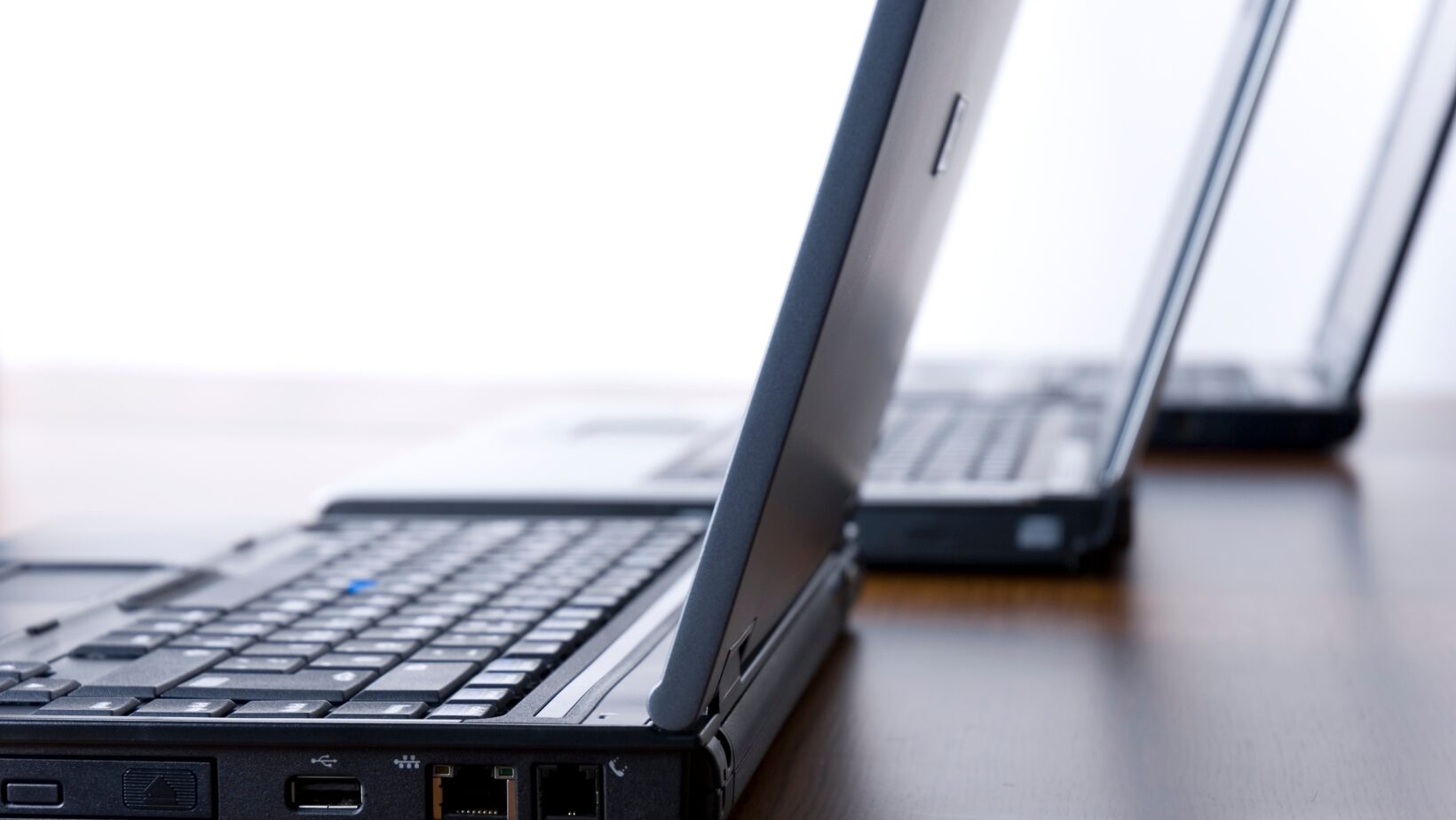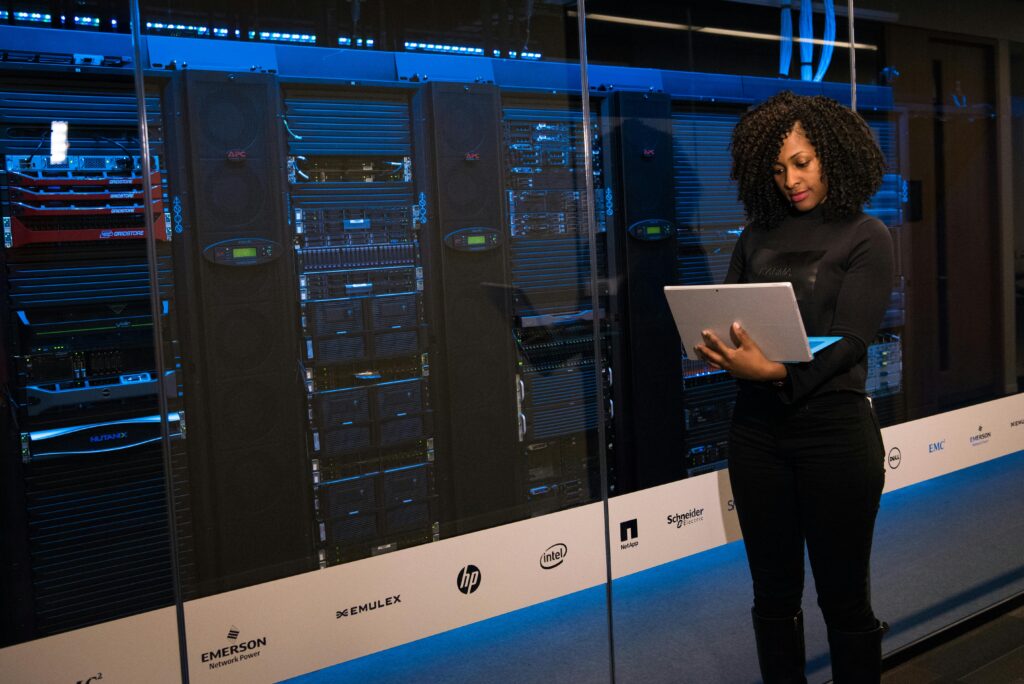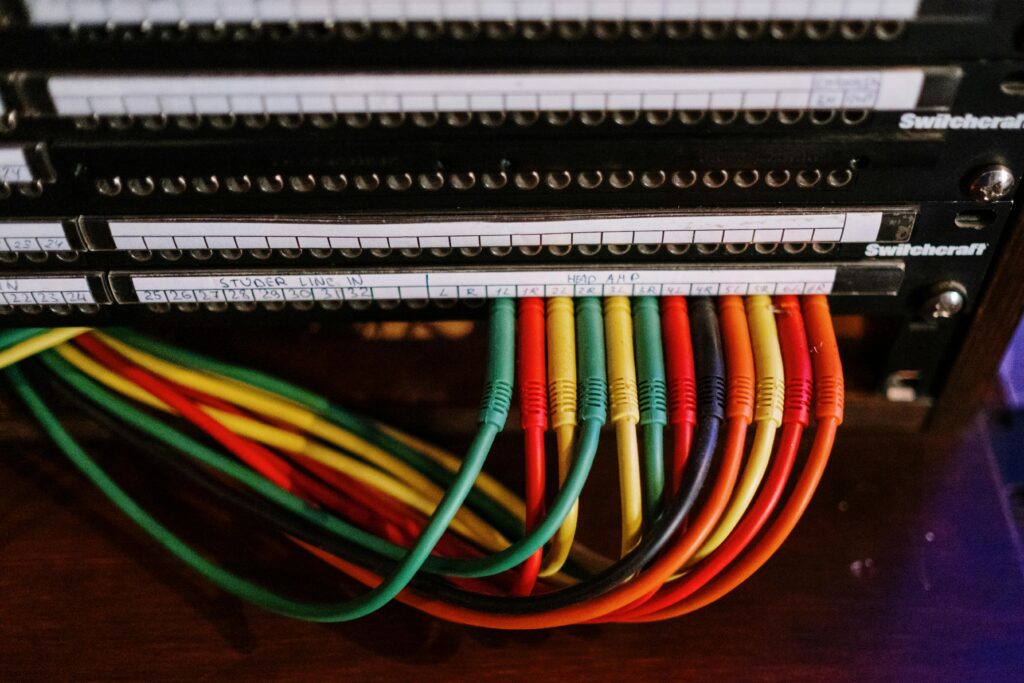In the fast-paced business environment, where technology is ever-evolving, managing the lifecycle of laptops is a critical task that often goes unnoticed. However, these old laptops are not just electronic remnants of past operations; they are hidden treasures waiting to be rediscovered.
For enterprises, old laptops represent more than potential electronic waste; they embody recoverable assets with tangible and intangible value. Decommissioning laptops offers a chance to not only recoup some investment but also to contribute positively to the environment and uphold corporate social responsibility standards. Recognizing and leveraging the latent value in these devices can significantly alter an organization’s approach to technological asset management.
Selecting the Optimal Sales Channel
Choosing the right platform for selling your company’s old laptops is paramount to realizing their potential value. This decision can influence not just the financial return but also the efficiency and security of the transaction. It’s about identifying a sales avenue that best aligns with your organizational objectives, whether maximizing financial returns, ensuring data security, or contributing to corporate sustainability efforts.
Assessing Your Laptop’s Worth
A meticulous assessment is the cornerstone of determining a laptop’s market viability. The laptops’ condition, specifications, and age serve as indicators of their market value. A comprehensive audit can help categorize the laptops, distinguishing those suitable for resale or refurbishment from those best directed towards recycling, ensuring a strategic approach to asset disposition.
Understanding the current market dynamics is crucial for timing the sale of old laptops. Demand for certain models or specifications can vary, influenced by new technology releases or seasonal needs. For businesses, staying abreast of these trends can facilitate strategic selling decisions, optimizing the financial return on outdated assets.
Best Places To Sell Old Laptops
Selling old laptops should be viewed as an integral component of technology asset management. Here are the premier venues where to sell laptops.
Online Marketplaces
Online marketplaces such as eBay or Amazon offer access to a vast audience. However, they require meticulous listing management and might introduce competitive pricing pressures, which could affect the sale price and duration.
Electronics Retailers
Certain electronics retailers provide buyback or trade-in options, presenting a convenient route for businesses to dispose of old laptops. While possibly offering lower returns, these programs emphasize ease and security, appealing to companies prioritizing data protection.
Trade-In Services
Dedicated trade-in services cater specifically to the needs of businesses, offering competitive pricing, comprehensive data wiping, and the logistical convenience of handling bulk transactions, streamlining the sales process.
Recycling Centers
Recycling centers offer an environmentally responsible disposal option for a broken laptop or any electronic device beyond the scope of resale. Some centers may offer nominal compensation for bulk deliveries, aligning with sustainability goals while potentially providing financial benefit.
Peer-to-Peer Selling Platforms
Local sales platforms like Facebook Marketplace can reduce logistical challenges and facilitate direct negotiations. This route might demand more hands-on management but can offer quicker sales cycles for businesses able to navigate the platform effectively.
Online Auctions
Online auction platforms cater to a niche market of buyers interested in specific models, parts, or bulk purchases. This can lead to higher returns for specific items, particularly those with rare specifications or in demand by collectors and tech enthusiasts.
Specialty Websites
Specialty buyback websites focus on electronic devices, offering a tailored service for enterprises. These platforms often provide competitive offers, secure data destruction, and the logistical ease of processing large volumes of devices, making them an attractive option for businesses looking to manage their old laptop assets efficiently.
Tips for Maximizing Profit
Key preparations can make all the difference when turning your old business laptops into revenue. Let’s explore strategies to enhance your laptops’ appeal and maximize your returns.
Cleaning and Preparing Your Laptop for Sale
A clean laptop is more appealing and can fetch a higher price. Start by physically cleaning the device and wiping down the exterior with a soft, slightly damp cloth to remove dust and grime. Use compressed air to clean out the keyboard and ports. Digitally, ensure that all company data is securely erased and that the hard drive is wiped clean. Reinstalling the operating system can also add value, presenting the laptop as ready to use.
Capturing High-Quality Photos
When you sell a laptop online, high-quality photos are crucial for attracting buyers. Take clear, well-lit photographs from multiple angles, including the keyboard, screen, ports, and any wear or damage. Natural light works best to highlight the laptop’s condition accurately. Ensure the background is clean and uncluttered to keep the focus on the laptop.
Writing Compelling Descriptions
A detailed and honest description can significantly impact a buyer’s decision. Highlight key features, specifications, and any upgrades or accessories included. Be transparent about the laptop’s condition, noting any cosmetic or functional issues. This honesty builds trust with potential buyers and can help prevent disputes.
Setting Competitive Prices
Research is vital to setting a competitive price. Check what similar models are selling for on your chosen platforms and adjust based on your laptop’s condition, specifications, and any included extras. A fair, competitive price will attract more interest and help ensure a quicker sale.
Ensuring a Smooth Transaction
The logistics of selling multiple laptops require careful consideration to ensure a smooth transaction and satisfaction on both ends.
Communicating with Buyers
Effective communication is vital, especially when dealing with larger transactions. Be prepared to provide detailed responses and possibly individualized attention to serious inquiries. For bulk sales, offering a detailed FAQ can preemptively address common questions, saving time and facilitating the decision-making process for potential buyers.
Safely Packaging and Shipping Your Laptops
The complexity of shipping increases with the number of laptops. Securely package each laptop to prevent damage, using standardized materials for consistency and efficiency. Consider pallet shipping for large lots, which offers safer and more cost-effective transport options for bulk items. You can also opt for free shipping label from certain carriers to save money on shipping costs. Providing detailed shipping information and updates to the buyer fosters trust and transparency.
Handling Returns and Refunds
Establish a clear, fair policy on returns and refunds, recognizing the greater logistical and financial implications. Consider offering partial refunds or replacements for specific units if issues arise rather than returning the entire lot. This can be more manageable for both parties and maintain the overall integrity of the transaction.
Summary
As we conclude our exploration into selling old or used laptops, whether as individual units or in bulk, it’s clear that this process offers a wealth of opportunities for both individuals and enterprises alike. By understanding the inherent value of these devices, choosing the right platform for sale, and meticulously preparing each laptop, sellers can significantly maximize their profit while ensuring a smooth transaction process.
For individual sellers, the journey involves detailed preparation, from cleaning the device to crafting compelling listings and setting competitive prices. This hands-on approach can transform an unused laptop into a valuable asset, contributing to a more sustainable cycle of electronics use. Enterprises, on the other hand, face the added complexity of managing multiple devices. The strategies outlined for bulk selling—from efficient preparation and secure data erasure to strategic pricing and logistical planning—underscore the importance of a structured approach. Businesses can turn surplus or outdated technology into a significant return on investment while adhering to data security standards and environmental responsibility.
In the dynamic marketplace for used electronics, selling laptops or other electronic devices presents a unique opportunity to bridge the gap between the latest technological advancements and the ongoing need for accessible, affordable devices. By following the guidelines and tips, sellers can effectively tap into this demand, achieving profitable and satisfying results whether selling a single used laptop or managing a bulk transaction.





